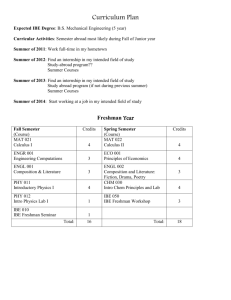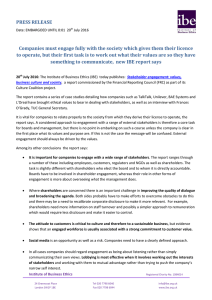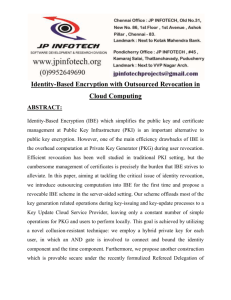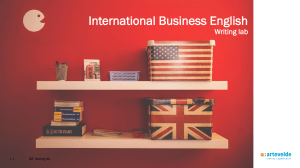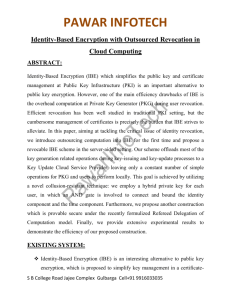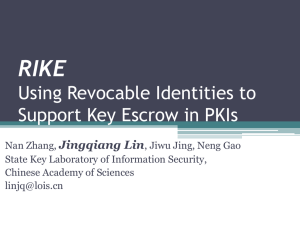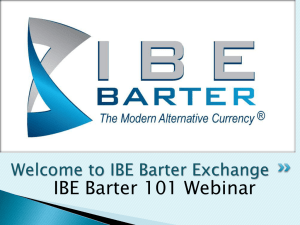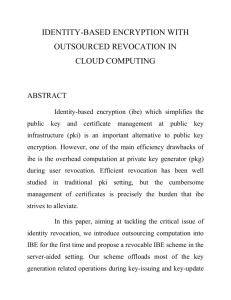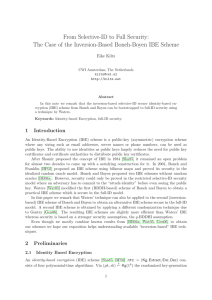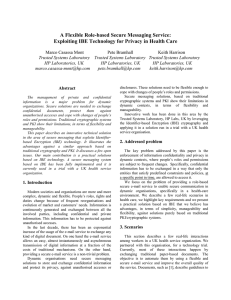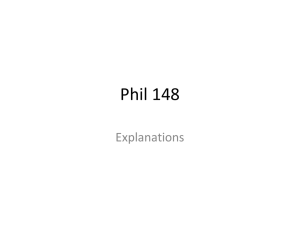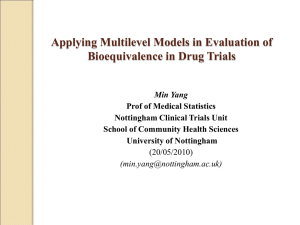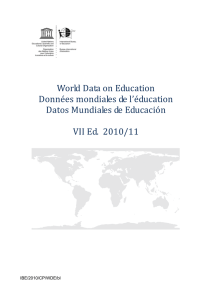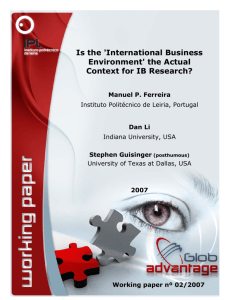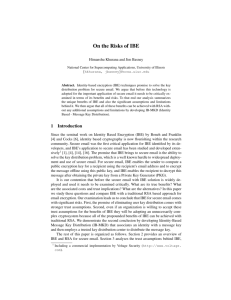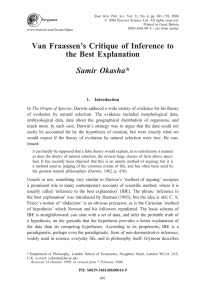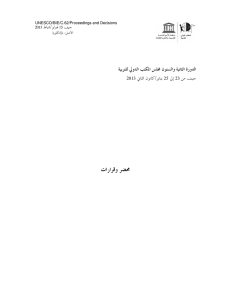«Consultation Publique dans le domaine des droits culturels sur la
advertisement
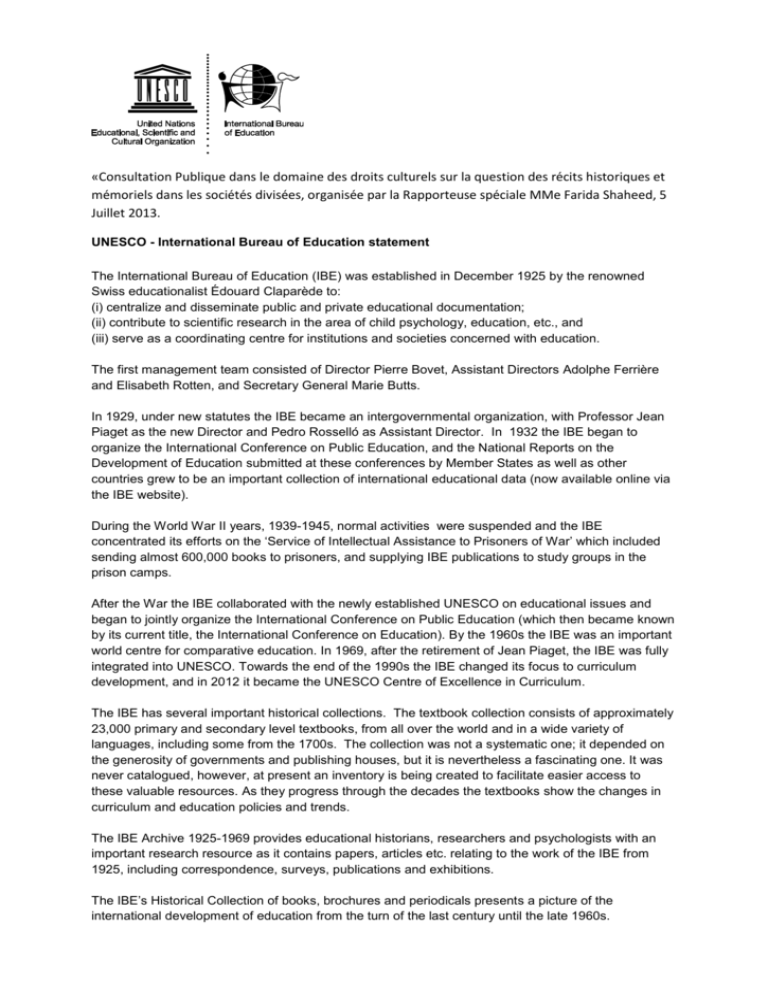
«Consultation Publique dans le domaine des droits culturels sur la question des récits historiques et mémoriels dans les sociétés divisées, organisée par la Rapporteuse spéciale MMe Farida Shaheed, 5 Juillet 2013. UNESCO - International Bureau of Education statement The International Bureau of Education (IBE) was established in December 1925 by the renowned Swiss educationalist Édouard Claparède to: (i) centralize and disseminate public and private educational documentation; (ii) contribute to scientific research in the area of child psychology, education, etc., and (iii) serve as a coordinating centre for institutions and societies concerned with education. The first management team consisted of Director Pierre Bovet, Assistant Directors Adolphe Ferrière and Elisabeth Rotten, and Secretary General Marie Butts. In 1929, under new statutes the IBE became an intergovernmental organization, with Professor Jean Piaget as the new Director and Pedro Rosselló as Assistant Director. In 1932 the IBE began to organize the International Conference on Public Education, and the National Reports on the Development of Education submitted at these conferences by Member States as well as other countries grew to be an important collection of international educational data (now available online via the IBE website). During the World War II years, 1939-1945, normal activities were suspended and the IBE concentrated its efforts on the ‘Service of Intellectual Assistance to Prisoners of War’ which included sending almost 600,000 books to prisoners, and supplying IBE publications to study groups in the prison camps. After the War the IBE collaborated with the newly established UNESCO on educational issues and began to jointly organize the International Conference on Public Education (which then became known by its current title, the International Conference on Education). By the 1960s the IBE was an important world centre for comparative education. In 1969, after the retirement of Jean Piaget, the IBE was fully integrated into UNESCO. Towards the end of the 1990s the IBE changed its focus to curriculum development, and in 2012 it became the UNESCO Centre of Excellence in Curriculum. The IBE has several important historical collections. The textbook collection consists of approximately 23,000 primary and secondary level textbooks, from all over the world and in a wide variety of languages, including some from the 1700s. The collection was not a systematic one; it depended on the generosity of governments and publishing houses, but it is nevertheless a fascinating one. It was never catalogued, however, at present an inventory is being created to facilitate easier access to these valuable resources. As they progress through the decades the textbooks show the changes in curriculum and education policies and trends. The IBE Archive 1925-1969 provides educational historians, researchers and psychologists with an important research resource as it contains papers, articles etc. relating to the work of the IBE from 1925, including correspondence, surveys, publications and exhibitions. The IBE’s Historical Collection of books, brochures and periodicals presents a picture of the international development of education from the turn of the last century until the late 1960s. These historical treasures are not only an important research resource, but they also provide a repository of education resources for countries when, through political or natural catastrophe, their own resources are lost or destroyed. One example of this was when the archives of the Honduran Ministry of Education were destroyed by Hurricane Mitch in 1998; the IBE was able to supply them with the related materials. The IBE continues to make its historical material available for consultation, and seeks to expand access to them by converting them to digital format. To this end, collaboration with and financial support from interested parties is encouraged and most welcomed.
